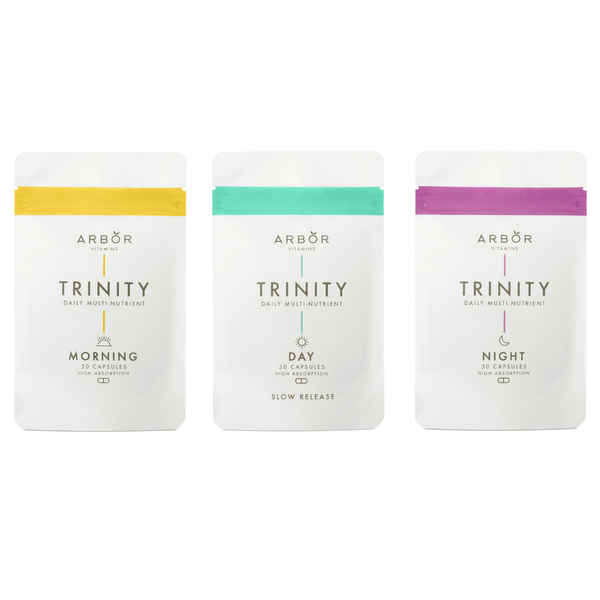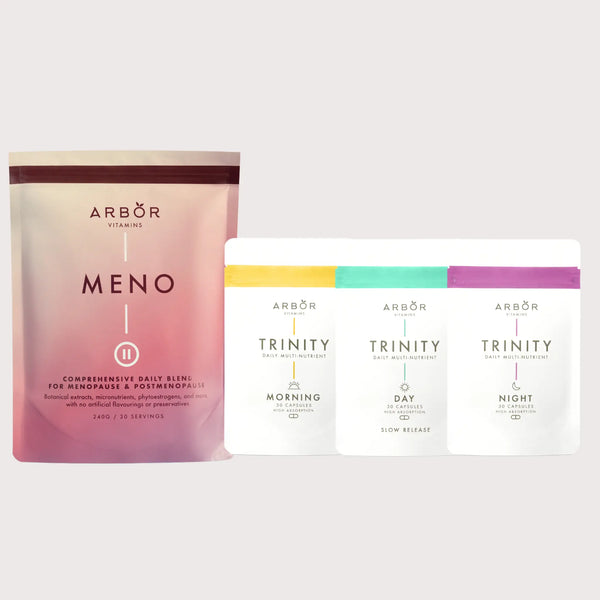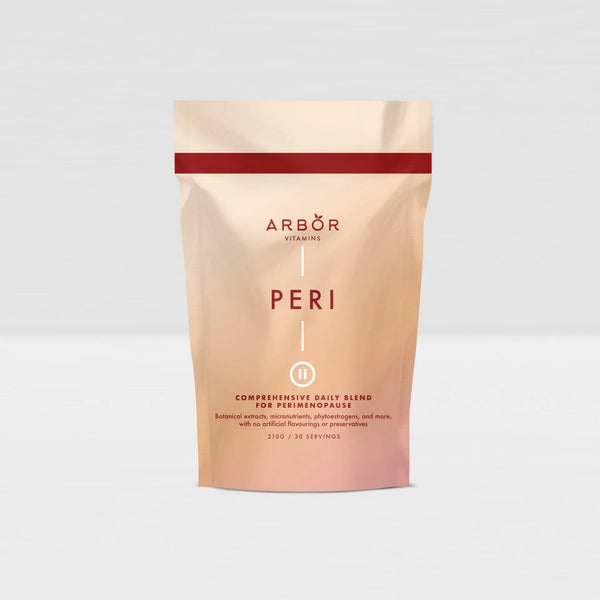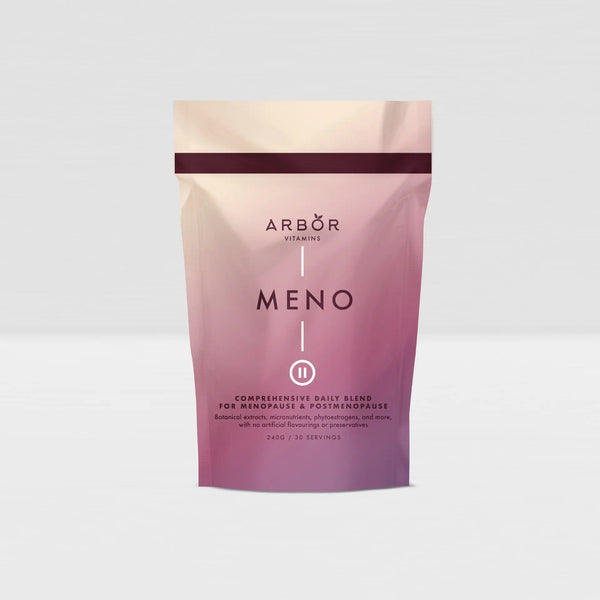Which Minerals and Vitamins Should You Take?
Which Minerals and Vitamins Should You Take? People often wonder which minerals and vitamins they should take to achieve optimal health. With conflicting information available, it's important to understand the potential benefits of multivitamin supplements and nutritious nutrients, including our TRINITY multivitamin supplements.
Should You Take Vitamins or Minerals?
You should take vitamins and minerals from regular food sources. If your body needs supplements, add our vegan TRINITY multivitamin and multimineral to your everyday practice.
You can obtain nutrients required balanced diet, including:
- Whole grains
- Lean protein
- Healthy fats
- Dairy products
- Vegetables
- Fruits
However, some individuals may benefit from taking supplements and lots of factors in our lives can lead to depletion of nutrients in our bodies. Remember however, these supplements should be used as a complement to, not a replacement for, regular, balanced meals.
Buy our organic MYCO functional mushroom supplements here.
Common Nutrient Deficiencies and Signs
Recognising symptoms of nutritional deficiencies can help determine if supplementation is necessary. Symptoms can vary depending on the deficient vitamin, but may include:
- Muscle weakness
- Fatigue
- Irregular heartbeat
How to Buy and Use Supplements?
Seeking guidance from a healthcare provider is important before incorporating supplements into your routine.
Consultation
Consult with your healthcare practitioner to ensure that your supplement regimen is suitable for your health condition.
Dosage
Be aware of the recommended maximum limits for each supplement.
Administration and Timing
Follow the recommended timing and administration instructions provided with each supplement. This helps optimize absorption and minimise adverse effects.
Which Minerals and Vitamins Should You Take?
A balanced diet is the foundation of optimal nutrition. However, several supplements might help address particular inadequacies:
Calcium
Calcium is essential for:
- Nerve function
- Muscular contraction
- Bone health
Food Sources
- Green leafy vegetables
- Dairy, salmon
- Fortified foods
Supplementation
Calcium supplements are beneficial for:
- People with compromised calcium intake
- Postmenopausal women
Folic Acid
Folate and folic acid are mandatory:
- During pregnancy
- For cell creation
- For the prevention of congenital disabilities
Food Sources
- Legumes
- Fortified foods
- Green leafy vegetables
Supplementation
Folic acid pills are very useful if you are:
- Intending to conceive a child
- Already pregnant
Fibre
Fibre is one of your diet's most crucial yet often neglected components. It promotes:
- Satiety
- Blood glucose (or sugar) regulation
- Digestive Health
Food Sources
- Fruits
- Vegetables
- Nuts
- Seeds
- Whole grains
Supplementation
Fibre supplementation may be advantageous for people who:
- Don't consume enough dietary fibre
- Have excessive blood sugar
Iron
Iron is essential for
- Oxygen transport throughout the body
- Production of red blood cells (RBCs - or erythrocytes)
Food Sources
- Fish
- Poultry
- Legumes
- Lean meats
- Fortified foods
Supplementation
Iron pills are beneficial for people who are:
- Susceptible to iron deficiency anaemia (IDA)
- Menstruating heavily
- Facing digestive issues
Potassium
Potassium is necessary for the health of the following:
- Heart
- Brain
- Muscles
Food Sources
- Fruits
- Vegetables
- Root vegetables
Supplementation
Take potassium supplements into consideration for people with diseases of the:
- Gastrointestinal tract (GIT), or
- Drug usage that depletes potassium.
Vitamin B12
Vitamin B12 is essential for the progression of:
- Red blood cells
- Health of the neurological system
Food Sources
- Nutritional yeast
- Fortified meals
- Animal-based foods
Supplementation
Vitamin B12 is suggested for:
- People with inadequate dietary B12 absorption
- Vegans
- People on a vegetarian diet
Vitamin D
Vitamin D is vital for supporting:
- Skeletal system
- Muscle
- Immune system function
- Absorption of calcium
Natural Sources
- Sunlight exposure
- Fortified foods
- Fatty salmon
- Egg yolks
Supplementation
Vitamin D supplements are beneficial for people with:
- Low sun exposure
- Disorders that hinder the absorption of nutrients
Read about the top 10 alkaline foods here.
The Bottom Line
Understanding which minerals and vitamins you should take is crucial for addressing nutrient deficiencies in your body. A balanced health regimen includes both healthy eating and appropriate supplementation, which are equally important. You can determine which nutrients to include in your daily routine for optimal well-being by considering your individual nutrient needs and seeking guidance from experts.












